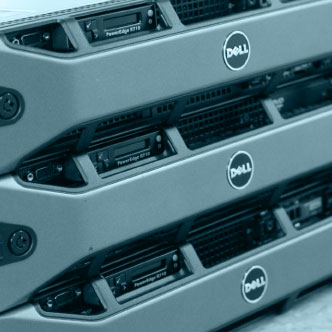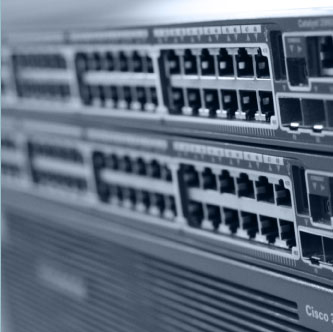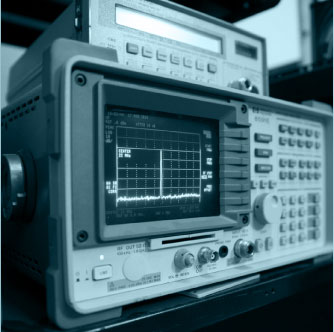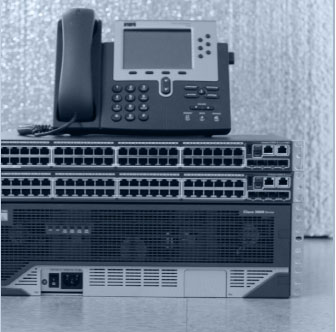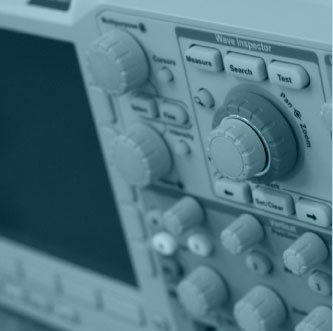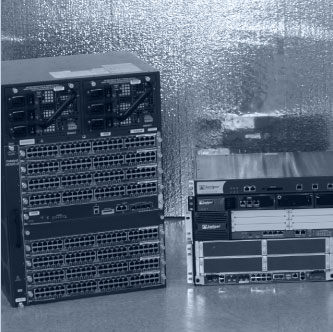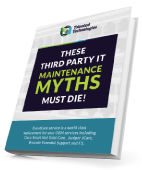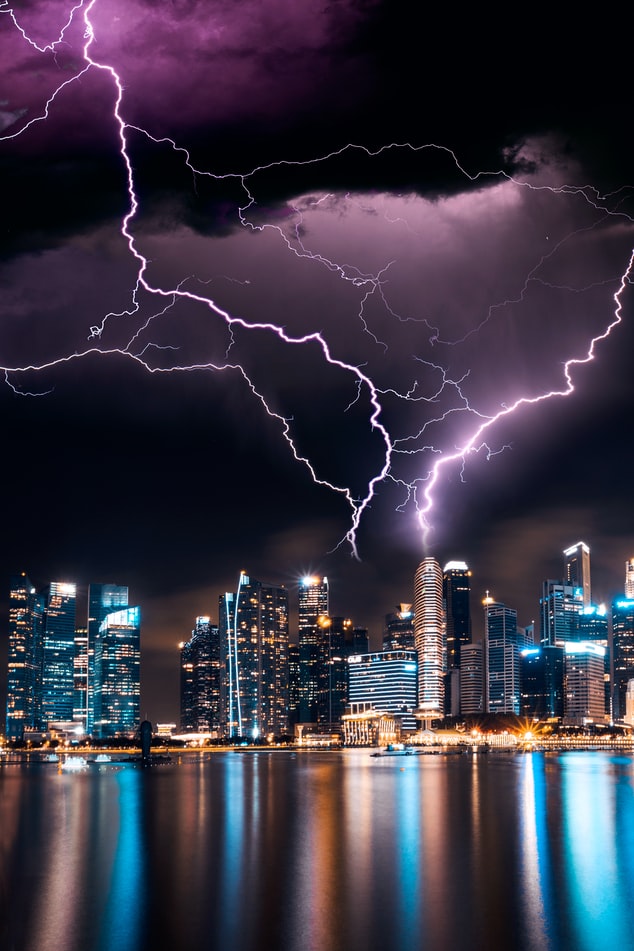
https://unsplash.com/photos/___Lnn9HGko
Stephen King once wrote, “There’s no harm in hoping for the best as long as you’re prepared for the worst.”
Preparing for the worst is prudent, as we live in a world that is prone to extreme weather events which have become more and more extreme with the progression of global warming. In addition to weather events, there are catastrophes like earthquakes, tsunamis, and fire that can be as sudden as they are devastating.
You may have bolted your shelves to the wall in case of earthquakes and protected your home with insurance, but have you taken the necessary steps to protect the data that is vital to running your business?
When you consider that Hurricane Katrina did over 125 billion dollars in damage, and The Firestone fire in California in 2018 caused more than $3.5 billion in damage, it’s scary to think of how your business can suffer if disaster strikes out of nowhere.
FEMA estimates that as many as 40 to 60 percent of small businesses never reopen after a disaster. One of the main reasons for this is the loss of vital data.
That being said:
Stephen King’s advice is right on the money.
So, what is the best way to protect your data?
https://unsplash.com/photos/___Lnn9HGko
- Follow the 3-2-1 rule.To increase your chances of recovering lost or corrupted data, the United States Computer Emergency Readiness Team suggests keeping 3 copies of any important file (1 primary and 2 backups); keeping the files on 2 different media types to protect against various kinds of hazards, and storing 1 copy offsite.Which brings us to:
- The CloudHaving off-site cloud storage is essential for protecting your sacred data from getting lost in the event of a disaster. Though the idea of the cloud sounds as though your information is out there in the stratosphere somewhere, it is actually housed here on planet earth, in any number of gigantic off-site servers in facilities with a budget for robust top-of-the-line security and natural disaster preparedness safeguards. We’re talking armed guards, video surveillance, a gated perimeter with biometric scanners kind of security–so it’s pretty tight.When choosing a cloud storage service, make sure the data is not housed in just one spot. Storing records in multiple data centers ensures that you can fall back on another location to retrieve your data should a disaster happen. While getting struck by lightning is rare, and getting struck twice is even rarer, Google’s European data center had four unlucky strikes in 2015, which compromised data, causing errors and loss of data for millions of customers.
- Nimble Operating Model Remote monitoring solutions may not be something business owners put much thought into prior to 2020, but a global pandemic can quickly change all of that.While natural disasters are usually localized, it was nearly impossible to foresee the havoc that the global COVID-19 outbreak would wreak upon business. With social distancing orders enacted and almost every place of business shut down, organizations around the world have been forced to pivot their operational procedures on the fly. Businesses that wisely made investments in remote monitoring technology and automated systems have been better positioned to deal with the crisis than others. Research the software that is out there to ensure your remote workforce has access to the tools they need to keep business running smoothly.
Companies like Hitachi, Microsoft, Google, and Apple, to name a few, offer secure, encrypted cloud storage, but you must also make sure on your end to practice stringent security. Password security, multi-factor authentication, and using a secure password program are all efforts you can make on your part to ensure there are no data breaches. Your employees must be trained in the safest procedures to protect vital company data in house.
If a natural disaster does strike, restoring data from the cloud will minimize any downtime and get your establishment up and running efficiently. If your business is properly insured, you’re that much farther ahead of the pack in terms of weathering a storm (or earthquake, or fire…)
Remember, one of the most threatening of natural disasters are…humans! Having your data on hand in your office makes running your establishment more convenient. But computer and electrical equipment are extremely sensitive to water, heat, and other hazards brought about by inflictions we humans may cause by mistake. Improper storage, accidental deletion, dropping equipment…and let’s not forget the scariest culprit of them all…coffee!
 https://www.pexels.com/photo/photo-of-laptop-beside-white-mug-1833306/
https://www.pexels.com/photo/photo-of-laptop-beside-white-mug-1833306/
So, while it’s great to trust your instincts and bet on yourself in business, be smart and acknowledge that you (and your valued employees) are only human, and having a backup plan and a backup plan for that backup plan is the only way to ensure data integrity, and avoid preventable catastrophic losses.
